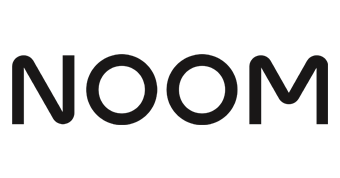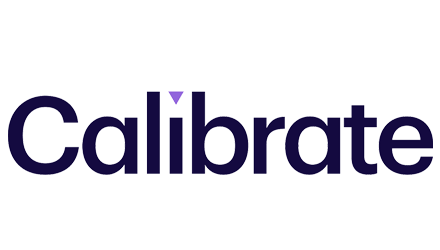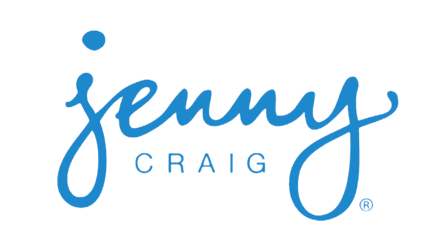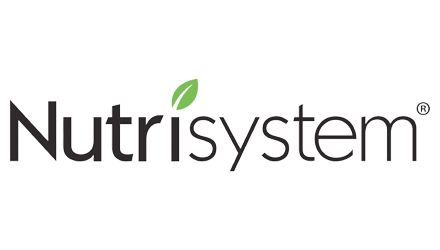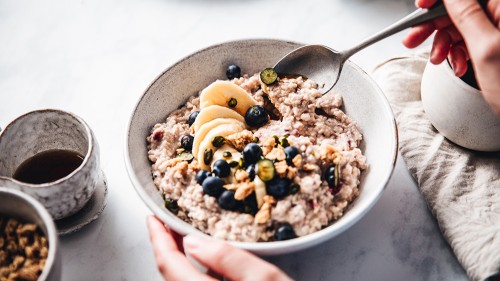WellnessVerge is reader-supported. We may earn a commission when you make a purchase through the links on this page. Learn more about our process here.
Noom Diet Review: Does It Work for Weight Loss?
Last Updated on May 13, 2022
Medically Reviewed by Natalie Olsen, MS, RDN
Noom is a behavior change program with scientific evidence of its effectiveness for weight loss. This program is a good choice for those seeking support in making healthy lifestyle changes to achieve weight loss goals over time.


|
Pros
|
Cons
|
How Noom Works
Noom is a diet program that focuses on weight loss through behavior change, mindset transformation, and stress management.
Noom costs $70 a month or $209 for a one-year membership, but they often offer a 7- or 14-day free trial.
When you first go to the Noom website, you are directed to complete a short quiz about who you are and what general health issues you might have.
Then, to complete your sign-up and have access to the program, you have to download the Noom app onto your smartphone. It is compatible with both Android and iOS devices.
Everything takes place within the app after sign-up.
In the Noom app, you will find:
- Daily prompts to log your food intake and exercise
- Daily lessons
- Calorie tracker
- Physical activity and step tracker
- Weight tracker
- Recipes
- Private chat with your coach
- Group chat with your support group
Noom contains an extensive library of articles about nutrition, stress management, exercise, behavior change, and mental health. To avoid overwhelm, content is broken down into short daily lessons that are informative and enjoyable to read.
Noom provides you with daily prompts to complete your lessons and gives you just enough “bite-sized” content to fill up your chosen number of minutes, and then you are done!
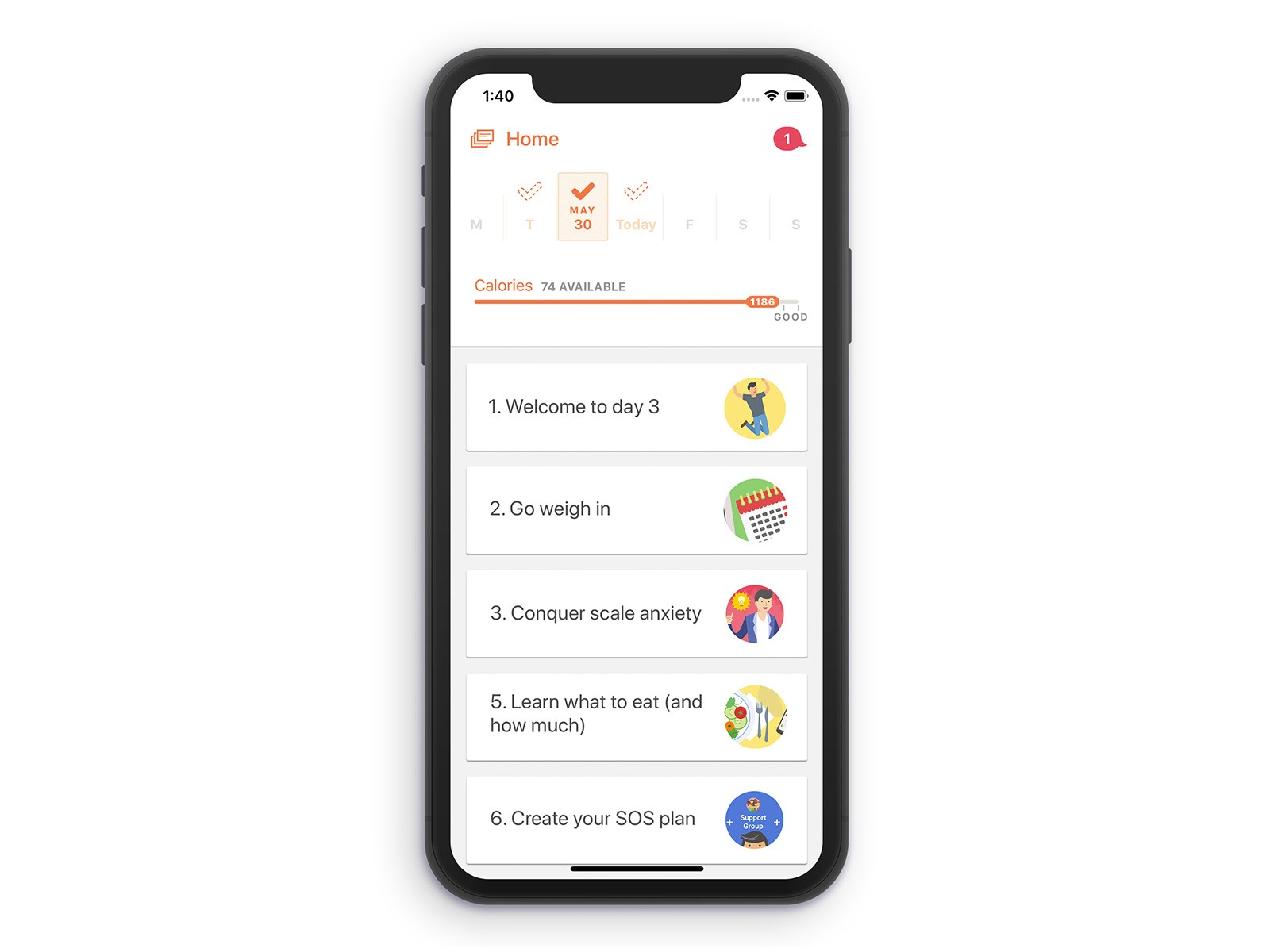
There are lessons that offer advice on making healthier lifestyle choices and improving your eating habits, as well as lessons that provide guidance on how to use some of the app’s features.
The daily lessons are the foundation of the Noom program, with the goal of helping you to evaluate the habits and mindset blocks that have prevented you from being successful with weight loss in the past. This is part of what makes Noom stand out from its competitors.
When you begin the program, you are assigned a daily calorie limit (known as calorie budget) and taught about nutrient-dense versus calorie-dense foods, which Noom classifies by color (red, yellow, and green). Going forward, you will be prompted to log what you are eating daily.
At the start of the Noom program, you are also assigned a personal coach who checks in on you periodically and provides support via an in-app, private chat room.
While these health coaches are not all registered dietitians or personal trainers, they are accredited by the National Board of Health and Wellness Coaching.
After two weeks of using the program, you are invited to join a virtual support group of other Noom users. This group has a moderator who helps keep the group engaged.
Noom states that their program lasts for 16 weeks, but you can continue to use the app and receive support for as long as you continue to pay for access.
Overall, Noom is a well-rounded program that addresses all of the important aspects of weight loss, including diet, exercise, stress, sleep, accountability, support, and mindset.
Noom Diet’s Scorecard
The Noom diet program was objectively evaluated by a dietitian based on the following criteria:
| Evidence-Based | 4/5 |
| Easy to Follow | 4/5 |
| Customization | 5/5 |
| Sustainability | 3/5 |
| Accountability | 4/5 |
| Safety | 5/5 |
| Value for the Price | 4/5 |
| Overall Rating: | 4.1/5 |
Foods to Eat and Avoid
Although you can technically eat whatever foods you want as long as you stick with your calorie goals on the Noom Diet plan, they strongly encourage you to choose more “green” foods over “yellow” or “red” foods.
While another key aspect of Noom is learning to eat a healthier diet, the classification of foods by color can be confusing to some. Understanding the rationale behind why each food belongs to a particular color category can help to bring you some clarity.
Green
Green foods are generally accepted as healthier foods in the program, as they are low calorie and higher in nutrients (nutrient-dense).
Examples of foods categorized as green include:
- All fresh fruits: apples, pears, watermelon, grapes, strawberries
- All fresh vegetables: spinach, broccoli, tomatoes, cucumbers, green beans
- Whole grains: oatmeal, whole grain bread, brown rice
- Fat-free dairy products: yogurt, milk, cheese, plant milks
Yellow
Yellow foods are meant to be consumed with portion sizes in mind. This category mainly consists of foods that have a moderate number of calories and nutrients, such as lean meats and starches.
Examples of yellow foods include:
- Lean protein: chicken, salmon, eggs, tofu
- Starches: quinoa, tortillas, beans
- Vegetables and fruits: garlic, olives, avocados, plantains, prunes
- Low-fat dairy: milk, yogurt, cheese
Red
Red foods, while allowed on the program, should be limited. Foods in this category are higher in calories (calorie-dense) and mostly less healthful.
However, some foods in this category, like nuts and seeds, are very healthy. These foods contain a lot of nutrients, but they also contain a high number of calories, so they are considered both nutrient- and calorie-dense.
These healthy foods should be eaten in smaller quantities by those who are trying to lose weight. This is why they are included in the “red” category, along with foods like donuts and pizza.
Examples of red foods include:
- All sweets: donuts, pastries, cakes, candy
- High-fat meats: beef, bacon, salami
- Oils and fats: nuts, seeds, olive oil, ranch dressing
- Junk food: pizza, hamburgers, French fries, potato chips
As you log your meals day-to-day, the app provides feedback on your diet choices, encouraging you to eat as many green foods as possible.
You can eat convenience foods on Noom, but you will have more long-term success if you learn to prepare fresh, healthy meals on your own.
Calorie Customization
While Noom is a calorie tracking program, it does not allow you to modify the exact calorie limits that you are assigned, as these are based on the personal health data that you provided at the start of the program.
However, your daily calorie budget can be adjusted by choosing the speed at which you’d like to lose weight. You can choose between options to lose weight quickly, like a “cheetah,” moderately like a “rabbit,” or slowly, like a “turtle.”
This provides less calorie customization than some other programs but is part of Noom’s method for weight loss.
You also cannot view your daily macronutrient totals (carbs, protein, and fats) from the food that you have tracked in the app.
Summary
No food or food group is off-limits on the Noom program, as long as you stay within your calorie goals. However, eating more “green” foods and reducing the number of “red” foods in your diet can help you lose weight and improve your health.
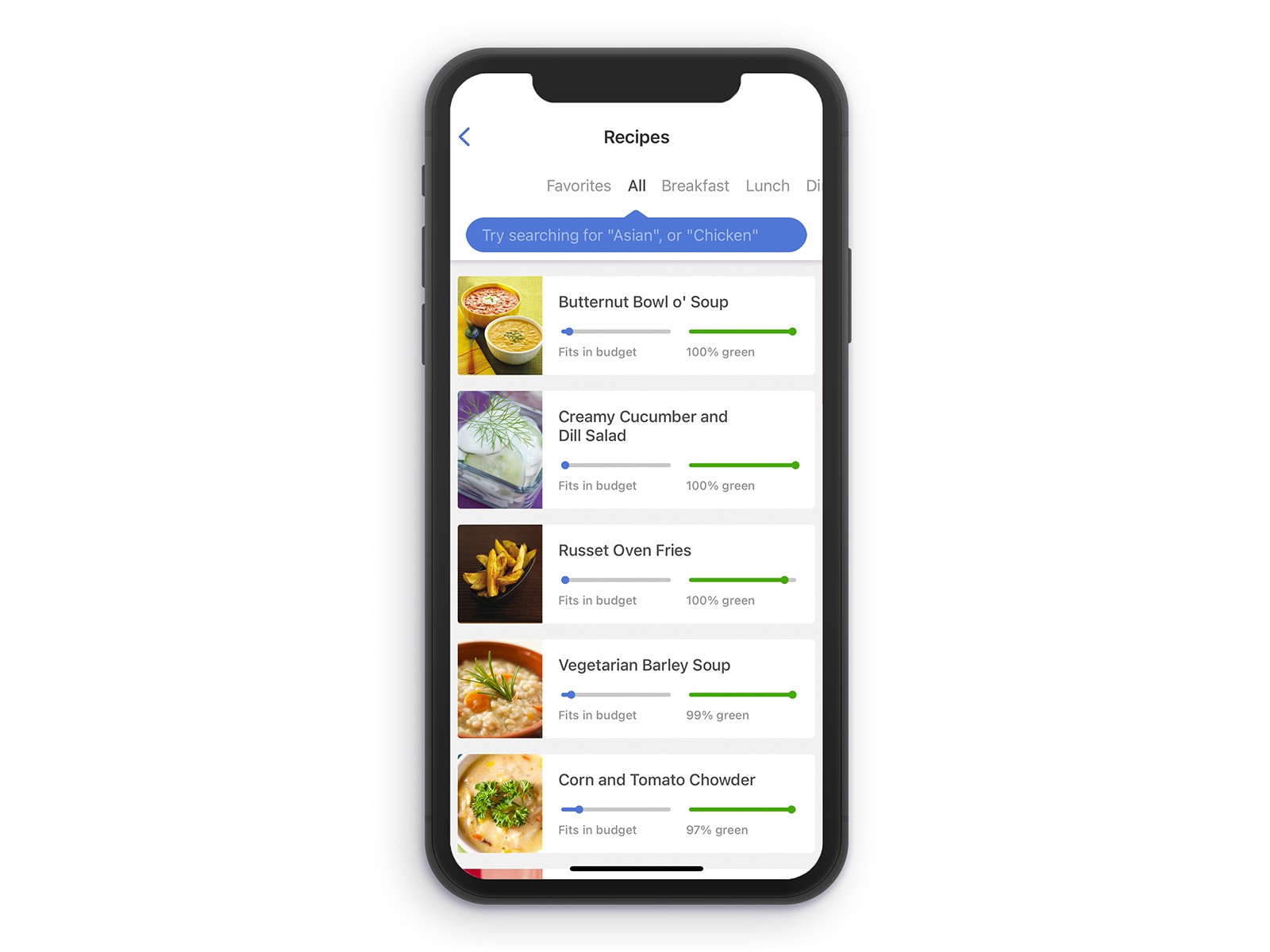
Will It Help You Lose Weight?
Unlike many alternative weight loss programs or fad diets, there are scientific studies on the effectiveness of the Noom program.
In a 2020 study with over 14,000 adult participants, researchers evaluated using Noom for weight loss as part of a diabetes prevention program. Weight loss results were observed at 16 and 52 weeks. (1)
The study found that older adults were more likely to lose weight when compared to younger adults.
However, the amount of time spent using the health app was significantly associated with weight loss. This means that the more time a participant dedicated to using the app, the greater their weight loss results.
After one year of using the app, participants lost between 5–8% of their body weight.
This may not seem like much, but for those who are overweight or obese, losing as little as 5% of their body weight can significantly reduce their risk of many preventable chronic diseases.
A similar 2017 study compared over 7,500 women using Noom versus those just trying to lose weight on their own. (2)
After three months, those using Noom lost an average of 1.92 more BMI points (the equivalent of about 5–8 pounds) compared to those not using the program.
There was a decrease of 2.59 BMI points (or 10–12 pounds) for every 10% increase in adherence to the program.
Summary
Based on two scientific studies, Noom has been shown to be an effective weight loss program for those who engage with the app and closely follow the program guidelines.
How Easy Is Noom to Follow?
Noom is simple to follow and easy to understand for most people. Calorie tracking is a straightforward and effective way to lose weight, but it may become tedious over time.
The fact that Noom doesn’t make you completely eliminate any food or food groups while encouraging you to make healthier choices makes it a well-balanced plan. This is a definite benefit to the program.
Noom is also customizable for any dietary pattern or restriction, including vegetarian and vegan. The program’s flexibility makes it practical for people with conditions such as diabetes, high blood pressure, and heart disease—you can eat whatever foods work best for you.
If you need help coming up with healthy recipe ideas, many recipes are available on the app. You can also purchase a 2-week meal plan at an additional cost.
With any weight loss diet, if the calorie level is too low to provide you with the satiation (feelings of fullness) and the daily energy that you need, it will likely not be realistic to follow long term.
No calorie tracking program is sustainable forever, so it is important to move toward maintaining your weight loss by eating a healthy, balanced diet.
Summary
Noom teaches you healthy behaviors that can improve your overall diet and lifestyle. Turning these into life-long habits will allow you to maintain your weight without always needing to use a weight loss app.
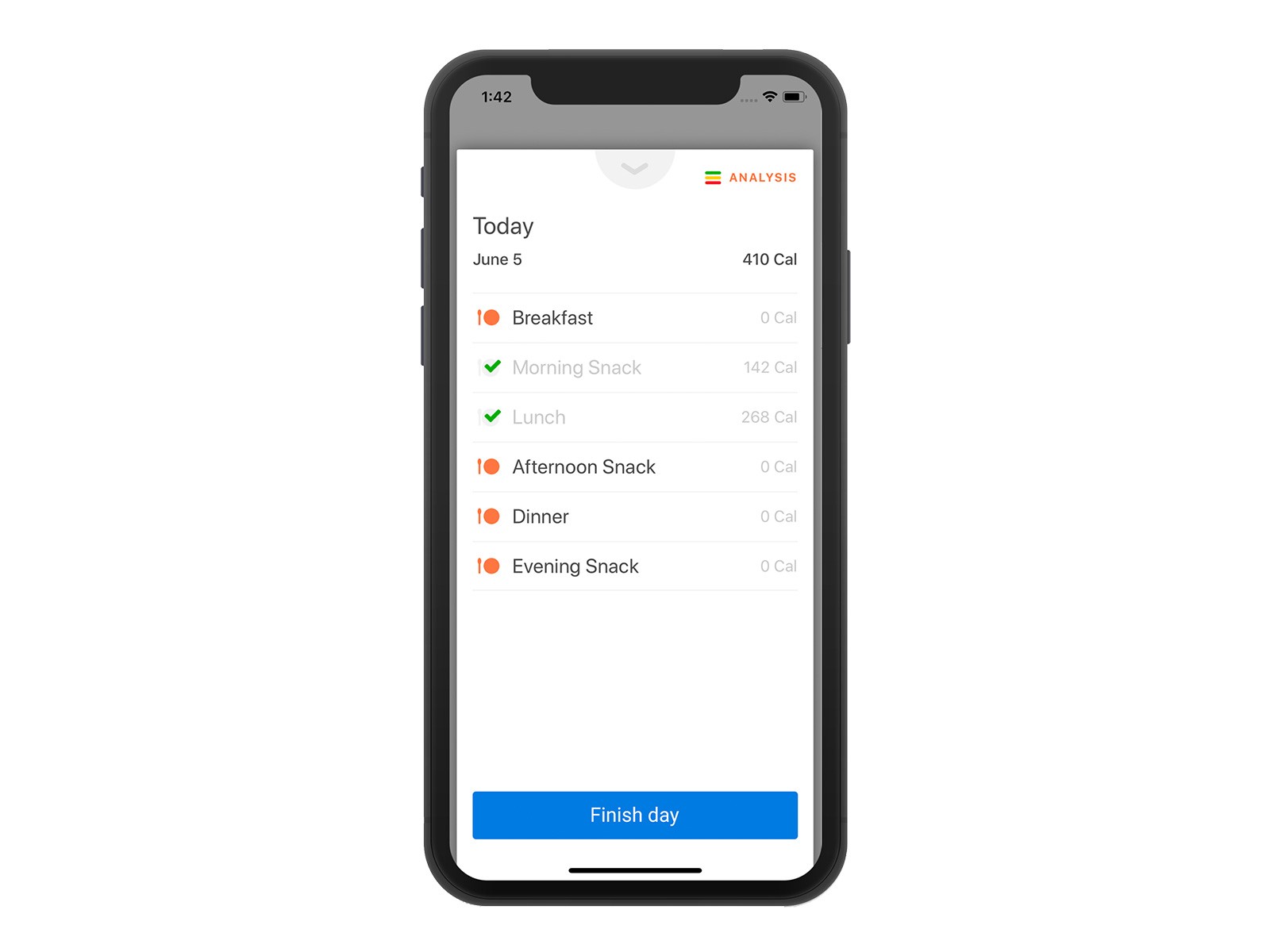
What Support Does Noom Provide?
Noom provides accountability through private coaching and a Noom member support group.
As previously mentioned, Noom coaches are board-certified health coaches, but they are not often trained professionals in nutrition. Noom does employ some registered dietitians as coaches, so while unlikely, you could end up with one.
At nearly any time of day, you can access personal coaching with your assigned coach or join group coaching sessions with other Noom members.
The Noom app also encourages weigh-ins to track your progress, which can be performed weekly or more often, whichever you prefer.
Tracking your progress is an important part of staying accountable.
A 2016 study found that the more dieters tracked their food and logged into an app, like Noom, the more weight they lost. (3)
Summary
Noom offers a fairly good amount of virtual accountability through a combination of one-on-one coaching, a Noom member support group, and progress tracking tools.
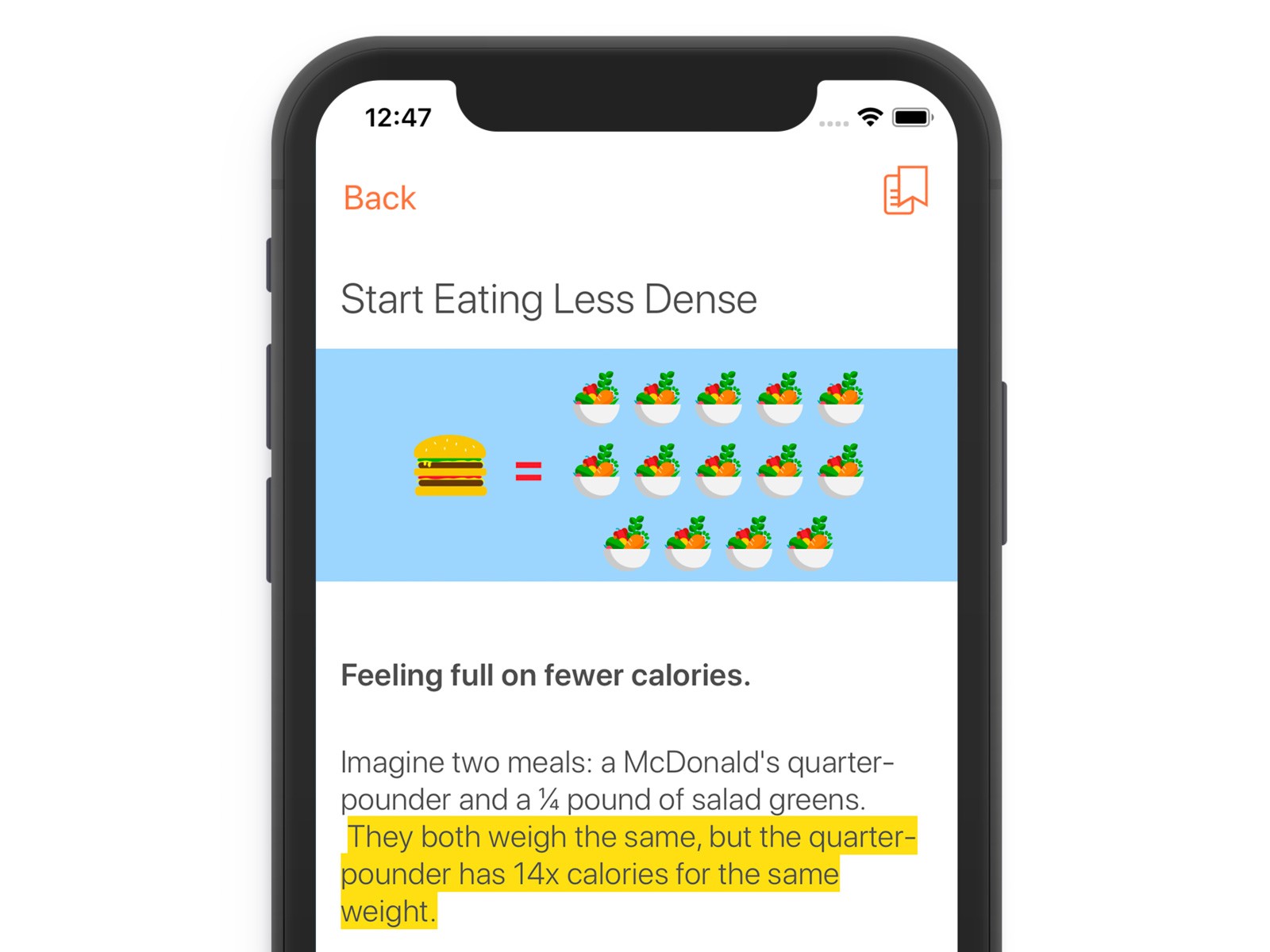
Safety
There are no safety concerns associated with the Noom program for most people.
Those with a history of disordered eating or any kind of eating disorder should avoid Noom.
Looking at food as “good” or “bad” and counting calories can be triggering for some.
Noom is only intended for adults over the age of 18.
Pregnant and lactating women should avoid restricting calories and therefore should not follow the Noom program.
Always speak to your doctor before starting any diet program.
Summary
There are no safety concerns with using Noom for most people, but you should speak to your doctor before starting any new diet.
Cost
Noom costs $70 a month or $209 for a one-year membership. The one-year membership is the more cost-effective option, amounting to just right above $17/month, but it must be paid in full at the time of purchase.
Noom offers good value, providing members with a lot in terms of engagement, educational content, and support at a reasonable price.
While Noom is typically marketed as a 16-week program, the amount of time you have to stay on the program depends on how much weight you need to lose.
Often, Noom offers a 7-day or a 14-day free trial at sign-up, so you can try the program before you commit.
Summary
Overall, Noom is a well-designed program at a good price point compared to other weight loss programs on the market.
How Noom Compares to Alternatives
Noom vs. Calorie-Tracking Apps
Noom is more expensive than some other basic calorie-tracking apps, many of which have free options, like MyFitnessPal or MyNetDiary.
Unfortunately, most options that are more affordable come without the features that are offered by Noom.
In fact, there isn’t really another mindset and psychology-based program available on the market that is exactly like Noom.
Dig Deeper: 5 Best Calorie-Counting Apps of 2022
Noom vs. Weight Watchers
WW (formerly Weight Watchers) is a weight loss program with some similarities to Noom. Both programs focus on improving eating habits but ultimately rely on calorie restriction to induce weight loss.
Many of the topics discussed at WW meetings are related to mindset and the behavioral aspects of weight management. Like Noom, their website has articles on these topics.
However, members of Noom receive more regular guidance and support, with daily lessons and access to both personalized coaching and an active support group within the app.
While some programs offer content within their app to educate and inform members, there is no “curriculum” to follow as there is with Noom.
Dig Deeper: Noom vs. Weight Watchers: Which Program Is Better for Weight Loss?
Summary
There are other calorie-tracking apps and similar weight loss plans available, but these alternatives don’t provide the same amount of content or the level of engagement offered by Noom.
Alternative Popular Diets
Frequently Asked Questions About the Noom Diet
What does Noom offer?
Noom involves more than just calorie counting and eating a healthy diet. Noom is different from other diets in that it addresses psychological and lifestyle barriers to weight loss and maintaining that weight loss long term. It also offers personalized support inside the app from board-certified health coaches and other Noom members.
What foods can you eat on Noom?
You can eat anything you want on Noom, but they encourage you to eat more of what they call "green" foods (fruits, vegetables, and whole grains) and limit "red" foods, which are generally higher in calories.
Do you need to exercise on the Noom diet?
Exercise is not a requirement of the Noom diet, but it is encouraged for maximum health and weight loss benefits.
Related: 10 Best Exercises for Weight Loss
Should anyone avoid Noom?
While the Noom program can be used by most people, pregnant or lactating women or those with a history of eating disorders should avoid Noom. Always speak to your doctor before starting any diet program.
What does Noom cost?
Noom costs $60 a month. A one-year membership is $199, which amounts to less than $17/month but must be paid in full upfront. Often, they offer a 7-day or a 14-day free trial at sign-up.
How much weight can you lose with Noom?
The amount of weight you can lose with Noom varies based on your starting weight and compliance to the program. In a large study, most Noom members lost between 5%–8% of their body weight in one year.
The Bottom Line
Following the Noom program with 100% compliance results in weight loss for most people.
There are scientific studies to support the effectiveness of Noom in helping people lose weight and improve their food choices and diet quality.
Ultimately, most people can lose weight by adhering to any diet that involves calorie restriction.
Noom is a good choice because of the mindset management strategies that are offered alongside healthy eating education.
Being able to choose how much time you want to dedicate to daily lessons in the program also makes it easy for busy people to fit Noom into their day.
The more often you track your diet and exercise, read the articles, and engage with the in-app support system, the more likely you are to lose weight.
If you are motivated to follow the program and don’t mind interacting with the app daily, Noom can assist you in making healthy lifestyle changes.
Diet programs like Noom can help teach you healthy habits and kickstart your weight loss. However, learning to eat according to your body’s hunger cues and discovering the foods that work best for you are essential for maintaining your healthy weight long term.
At WellnessVerge, we only use reputable sources, including peer-reviewed medical journals and well-respected academic institutions.
- Relationship Between Age and Weight Loss in Noom: Quasi-Experimental Study:
https://diabetes.jmir.org/2020/2/e18363/ - Adherence as a predictor of weight loss in a commonly used smartphone application:
https://www.sciencedirect.com/science/article/abs/pii/S1871403X16300291 - Adherent Use of Digital Health Trackers Is Associated with Weight Loss:
https://journals.plos.org/plosone/article?id=10.1371/journal.pone.0152504

